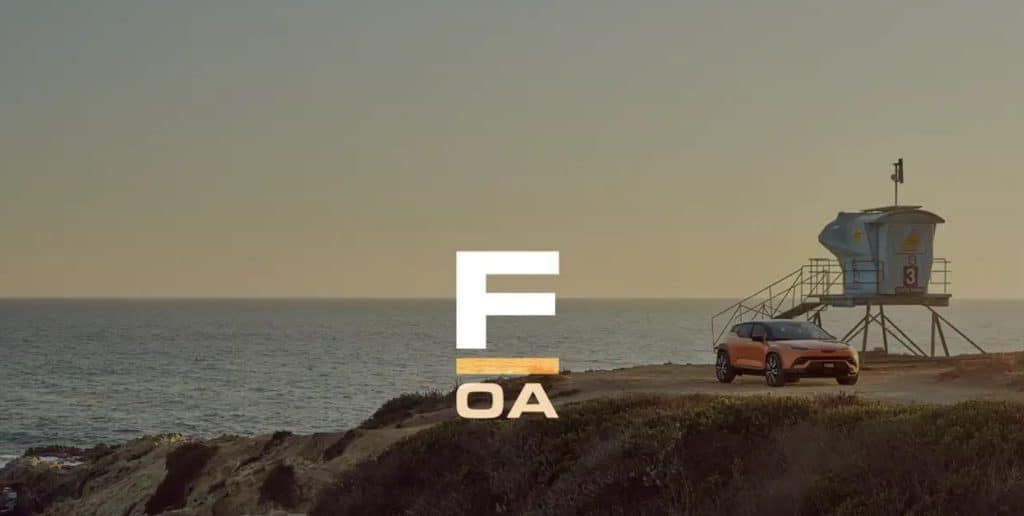
Early adopters have faced software glitches, drained batteries, malfunctioning key fobs, and unanswered service requests. Without continued updates, many worried their SUVs would become little more than expensive paperweights—or, as some frustrated owners on X have put it, “bricks on wheels.”
The Fisker Owners Association represents a grassroots movement in the automotive world. Instead of waiting for help that isn’t coming, members are pooling resources to buy parts, share diagnostic tools, and even explore open-source software patches to replace lost over-the-air updates. Some former Fisker engineers have lent their expertise, giving the group a shot at solving complex technical issues like firmware bugs and energy management failures. In essence, the nonprofit is functioning as a shadow service network, one that keeps these orphaned EVs from sliding into irrelevance.
For Fisker, the fall was fast and brutal. Once touted as a bold new player capable of rivaling Tesla, the company delivered just 11,000 Oceans before running out of cash. Bankruptcy filings revealed more than $1 billion in debts, with assets broken apart and sold off piecemeal. That left owners stranded—without warranties, without a dealer network, and without the safety net that established automakers provide when problems inevitably arise.
In just six months of member support, the Fisker Owners Association has transformed uncertainty into tangible wins for Ocean drivers around the world. By organizing quickly after Fisker’s bankruptcy, the Association secured representation in court to ensure recalls were included in the bankruptcy process, protecting safety and consumer rights. FOA also opened vital supply channels, from water pump availability in Europe to direct windshield and parts access through Tsunami/Tidal Wave. These victories kept Oceans on the road and even convinced some insurers to maintain coverage that might otherwise have been dropped.
Members have already seen savings far greater than the cost of dues. A coordinated group buy slashed the cost of replacement key fobs from around $1,000 apiece to a fraction of that, while free global pairing events saved each owner another $100–$250. The Association also pushed through important fixes and updates—including the ICC boot loop repair, OLP and PKC21 upgrades, and initial access to FAST for service providers. Beyond hardware and software, FOA has cultivated a community, providing town halls, tutorials, maintenance guides, and even the European “Flying Doctors” program to support owners abroad. Together, these achievements show how collective action can protect investments, keep vehicles running, and give Fisker owners a voice where the manufacturer fell silent.
The organization notes “Without FOA, some insurance companies might have dropped Ocean coverage altogether.”
Currently FOA has noted these Fisker functions are not working, Hollywood Mode, Fisker Cloud – NA and Fisker Cloud EU. However, Ocean Link Pro Signup is working. It is not clear from the website how much it costs however a community forum discussion suggests that membership dues of $150 per quarter.
This isn’t just an inconvenience for owners—it’s a regulatory blind spot. Consumer advocates are now pressing for new rules that would require automakers to set aside funds for software support or even release key code to the public if a company collapses. Without such measures, early adopters risk being punished for embracing innovation. IndustryWeek recently noted that while traditional automakers can lean on dealer networks and long-standing service operations, many startups scale quickly without thinking about long-term obligations to customers.
The Fisker Owners Association isn’t simply a stopgap. It’s also becoming a model for how communities can band together when the system fails them. The group has already begun negotiating with suppliers for replacement parts and coordinating bulk purchases to cut costs. Some members are even experimenting with aftermarket solutions to bypass Fisker’s proprietary systems. T
The Ocean’s plight isn’t isolated. Nikola, another EV startup, filed for bankruptcy earlier this year, and its owners now face similar uncertainty. Analysts warn that more companies could follow as investor enthusiasm cools and the realities of scaling production hit home. For many, the Fisker case is a wake-up call: in the world of software-defined cars, corporate collapse doesn’t just hurt shareholders—it directly threatens consumers’ ability to drive their vehicles.
The Fisker Owners Association has proven that when an automaker fails, car enthusiasts won’t sit idly by. They’ll roll up their sleeves, swap code like others swap carburetors, and do whatever it takes to keep their machines on the road.
In the process, they may be writing the next chapter of what it means to be an owner in the EV era: not just a customer, but a caretaker, collaborator, and, when necessary, the last line of defense against obsolescence.